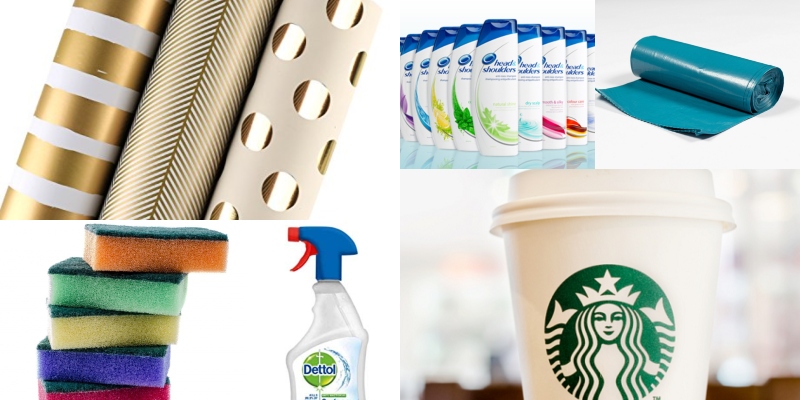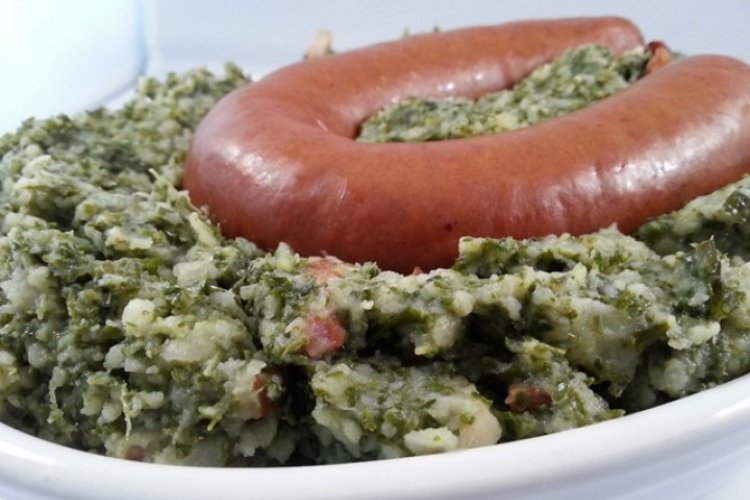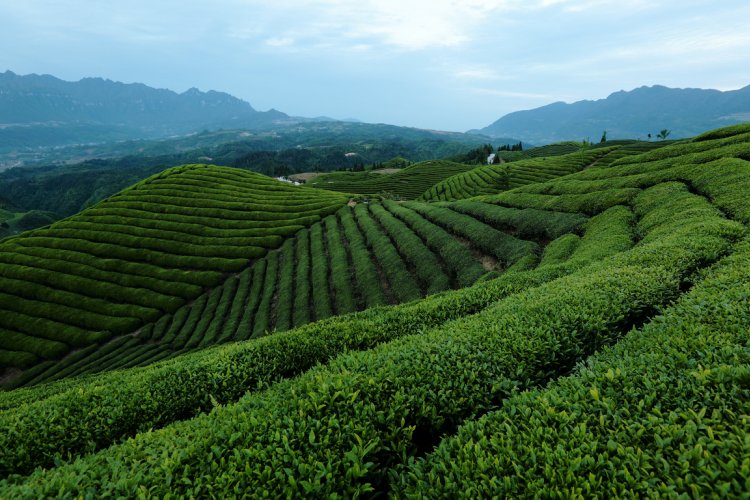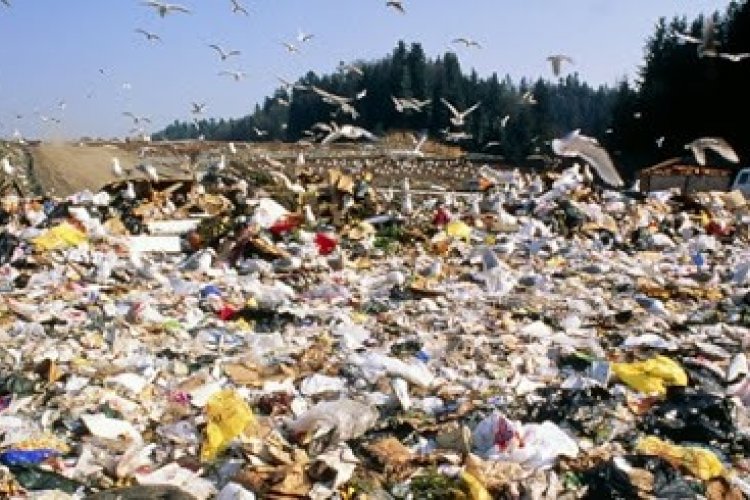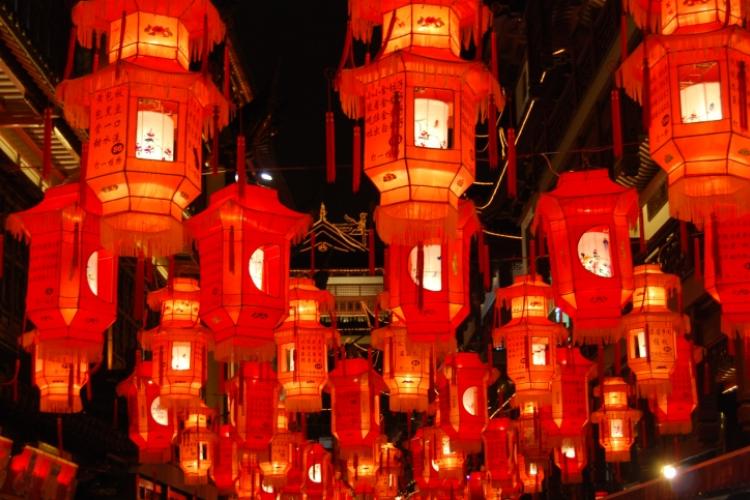24 Things You Should Stop Buying to Go Zero Waste
'Going Zero Waste', living a life without generating any trash at all sounds like an impossible concept. Yet hundreds and thousands of zero-wasters around the world have adopted the movement, motivated by the desire to lower their environmental impact, live more sustainably, and save money too.
While generating literally 'zero' waste may be unattainable, with a few, surprisingly simple steps, we can all significantly reduce our waste and carbon footprint. The easiest, and most well-known step is to refuse plastic grocery bags, and always carry a reusable bag of your own.
Here, Rebecca Archer of the WeChat account WELL WOMEN, who has been adopting zero waste practices for more than two years, describes 24 everyday items that she has cut out of her life, and how you can do it too.
***
A lot of people who want to reduce their waste could be overwhelmed by this list. It is not my intention to overwhelm you, but to show you how many items that we often consider essential, are really not. All of these are things we spend lots of money on, use, and throw away in the garbage heap.
I’ve been doing this for two years now, and I’m still not ‘Zero Waste’ but my rubbish is about one-tenth of what it used to be. And the only way I found to make it sustainable is to not get overwhelmed, but to take one step at a time.
Here are the items I’ve stopped buying, and what I do instead:
24 'Trashy' Items You Can Stop Buying Right Now
Cling wrap (plastic wrap or Saran wrap) – I pack everything in plastic or glass containers that I already owned. Eventually, I bought some beeswax wrap, but to be honest, I personally find it unnecessary, and it’s just better to use containers you already have.
Aluminum foil – I used this for lining oven trays and covering food in the oven. Now I just grease and/or flour oven trays, and I cover food with a casserole dish lid.
Baking paper – Grease/flour the oven tray.
Dish sponges – I use a loofah (it’s from a plant so goes in my compost after), metal scourers (recyclable, they also last a looooong time, luckily I can recycle these at my son’s kindergarten where we have metal trash collected), and a wooden dish brush from the Bulk House. I also use fabric cloths that I put in the washing machine. You can order loofahs on Taobao, just be sure to ask them not to wrap it up in plastic for delivery. Alternatively, look out for the loofah man who rides around Beixingqiao hutong.
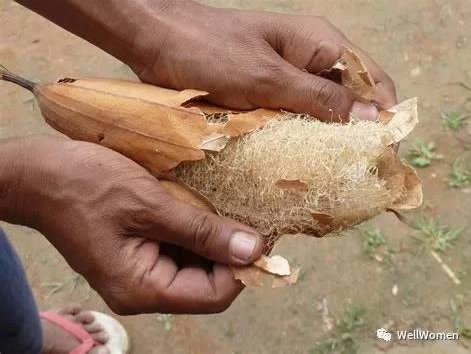
Takeaway coffee in disposable cups – Ask for coffee to be served in a ceramic cup in a café, or I take my own reusable coffee mug. Here's how to navigate these phrases in Mandarin.
Paper towels – Fabric cloths for cleaning up spills; to prevent splattering in the microwave I put the food in a bowl and cover it with a plate.
Plastic straw – Metal straws or go without.
Paper napkins – Fabric cloth.
Sauces in plastic bottles – Sauces in glass bottles which can be recycled. I choose to buy food in glass or cans rather than plastic.
Liquid soap – Bar soap. Dove has soap in a cardboard box (biodegradable) and that isn’t plastic wrapped inside the box – took me a while to find one not wrapped in plastic.
Body wash – Bar soap.
Shampoo and conditioner in plastic bottles – Shampoo and conditioner bars from Ethique (a fabulous New Zealand brand), Lush, or The Bulk House. Ethique is not yet available in Mainland China, but can be bought in Australia, New Zealand, Hong Kong, the UK, and US, so stock up whenever you or a friend return home.
Gift wrapping paper/bags/ribbon – I use beautiful squares of fabric, or I reuse gift bags and ribbons that we have been given.
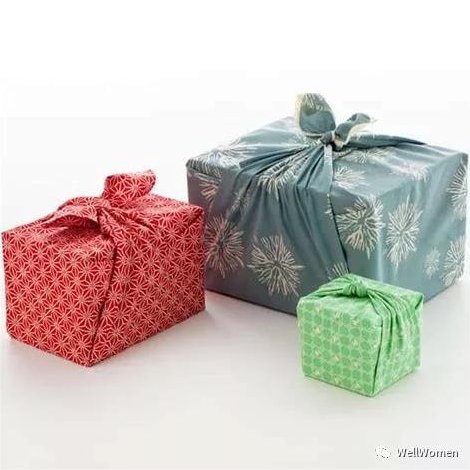
Plastic ziplock bags – I just stopped buying them and I don’t miss them at all. Use plastic or glass containers instead, or fabric produce bags.
Trash bags – Because I put all my food scraps in the compost, I don’t need a bin liner as my trash doesn't get 'wet'. I just take my house bin to the shared compound bin once a week to empty it.
Disposable water bottles – Reusable bottle.
Conventional cleaners – White vinegar and baking soda.
Beauty products – I use a local Beijing skincare brand, The Green Room. I use their face balm as a face wash, and face serum as a moisturizer, and give them the bottles back when finished. Disclaimer: I still buy cosmetics, however, I did learn a cool trick from Bea Johnson (Zero Waste Queen) to use cocoa as bronzer, so when my bronzer finished I just topped up my bronzer container with cocoa. I’m still figuring out cosmetics.
Tampons and pads – Menstrual cup (Lunette) and fabric washable panty liners from Taobao.
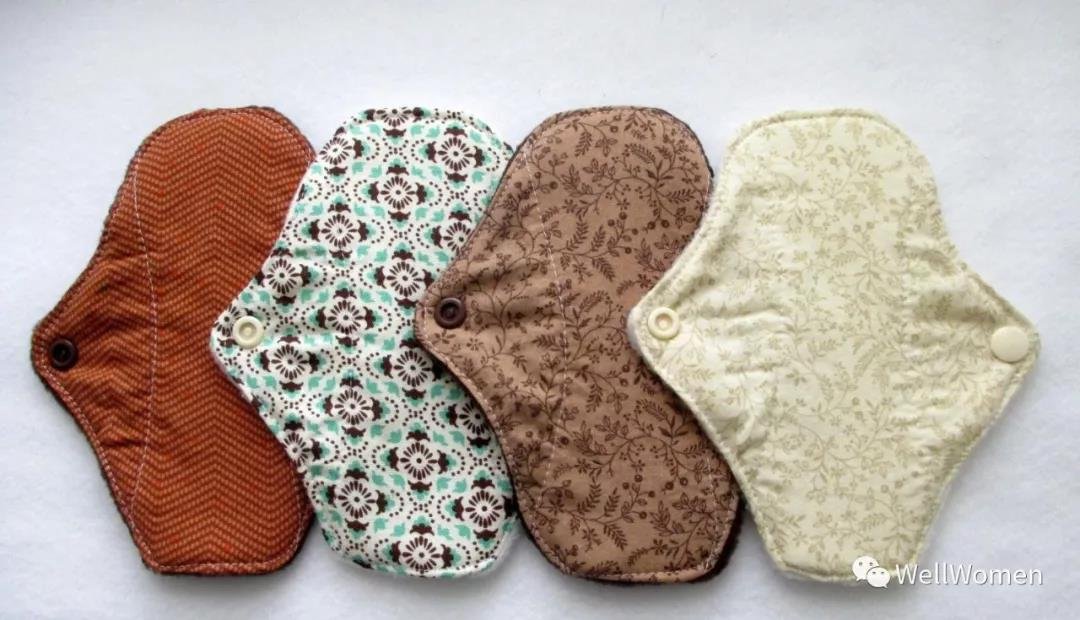
Convenience (snack) food – I buy dried banana chips and seed bars in bulk from the market, and I do more baking.
Milk in cartons or bottles – I make my own soy milk using soybeans from the market and my soy milk maker, and I have some Sanyuan cow milk delivered every morning in glass bottles that you can use, wash, and leave out for collection the next day. Contact them via WeChat (ID: syjk_kf) for more information.
Meat – Stopped buying it. Why? Because the overconsumption of meat is a huge environmental issue, not to mention animal welfare. We now eat vegetarian at home, but eat meat occasionally when we go out.
Bubble tea – I stopped buying it and started making my own using sago balls from the market (To prepare, boil gently for about 15 minutes until translucent). Disclaimer: After not buying it for three to four months, I bought a bubble tea about three days ago because I really wanted it. But I do buy it way less than I used to. Better than before people! We don’t have to be perfect!
Laundry softener – White vinegar. Here's why white vinegar is your best friend in China.
So there you have it.
Make sure you follow WellWomen so that you can receive future articles on how to start reducing your trash. You can also join our WellWomen Reduce Your Trash WeChat group where we will offer support and encouragement to you as well as practical tips for reducing rubbish in Beijing. To join this group send WellWomen a message with the words 'Reduce My Trash' and we will add you into the group.
This article was originally posted on Well Women. You can read the original here.

READ: Smog Tasting Takes Open-Air Cooking to a Whole New Level
Images: courtesy of Well Women

